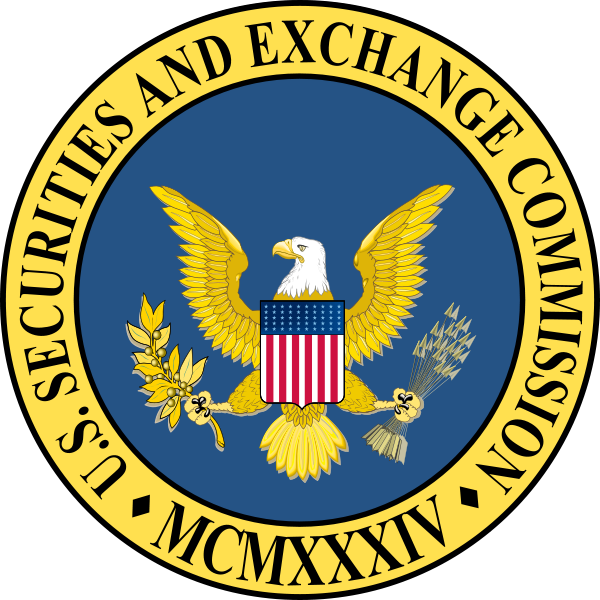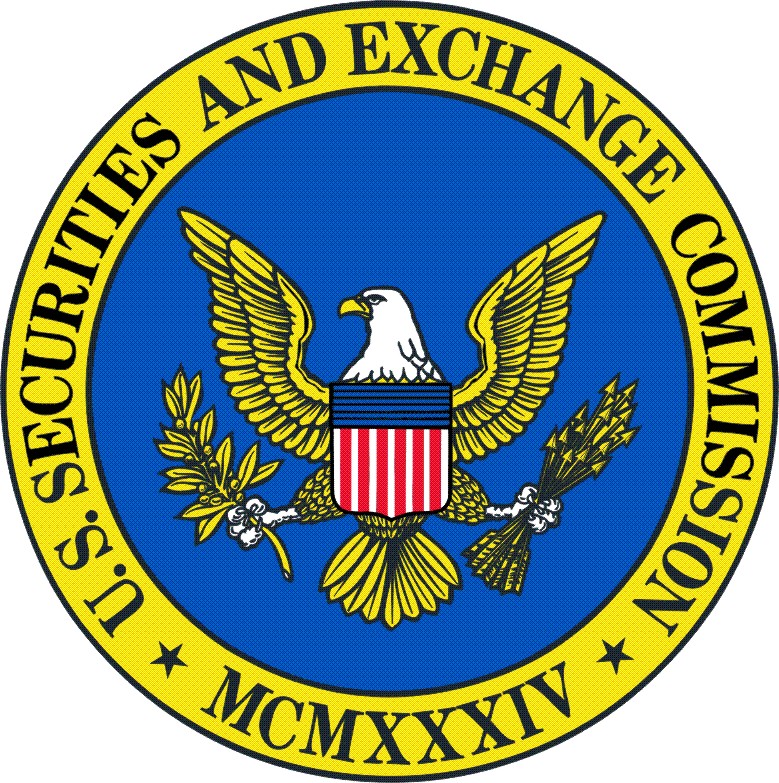
Building Meaningful Communication and Engagement with Shareholders
Thank you, Jeff, for that kind introduction.
I am honored to be with you here in Chicago at the Society’s 69th National Conference. Over the years, the Society has consistently provided thoughtful comments to the Division of Corporation Finance and the Commission on a wide variety of issues and proposed rules. You understand the complexities that can affect multiple parties and recognize the importance of the interests of shareholders. All of you play a critical role in corporate governance. It is the decisions you make, the practical solutions you advance and the views you share with your boards that can, in large part, dictate the relationship between shareholders and companies.
Because of your central roles in your companies, many of the Commission’s initiatives are of interest to you: our disclosure effectiveness review; the audit committee disclosures concept release the staff is working on; and any number of our rulemakings. My hope is that you will see near-term activity in these and other areas, including rules mandated by the Dodd-Frank Act, such as the clawbacks rule as required by Section 954, the pay ratio rule under Section 953(b) and the joint rulemaking on incentive compensation as required by Section 956. So stay tuned for those developments.
But today my focus is on a selection of proxy-related issues, another area of particular interest to you. And my overall theme complements the theme of your conference, “Connect, Communicate, Collaborate.” Be proactive in building meaningful communication and engagement with your shareholders.









